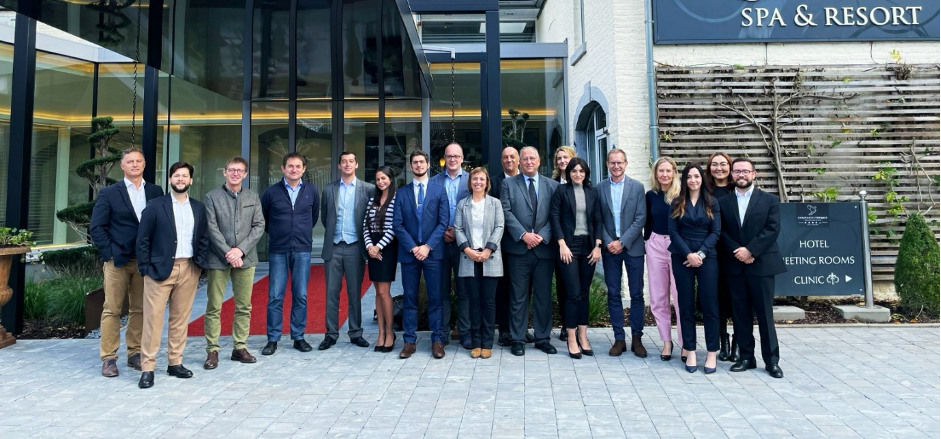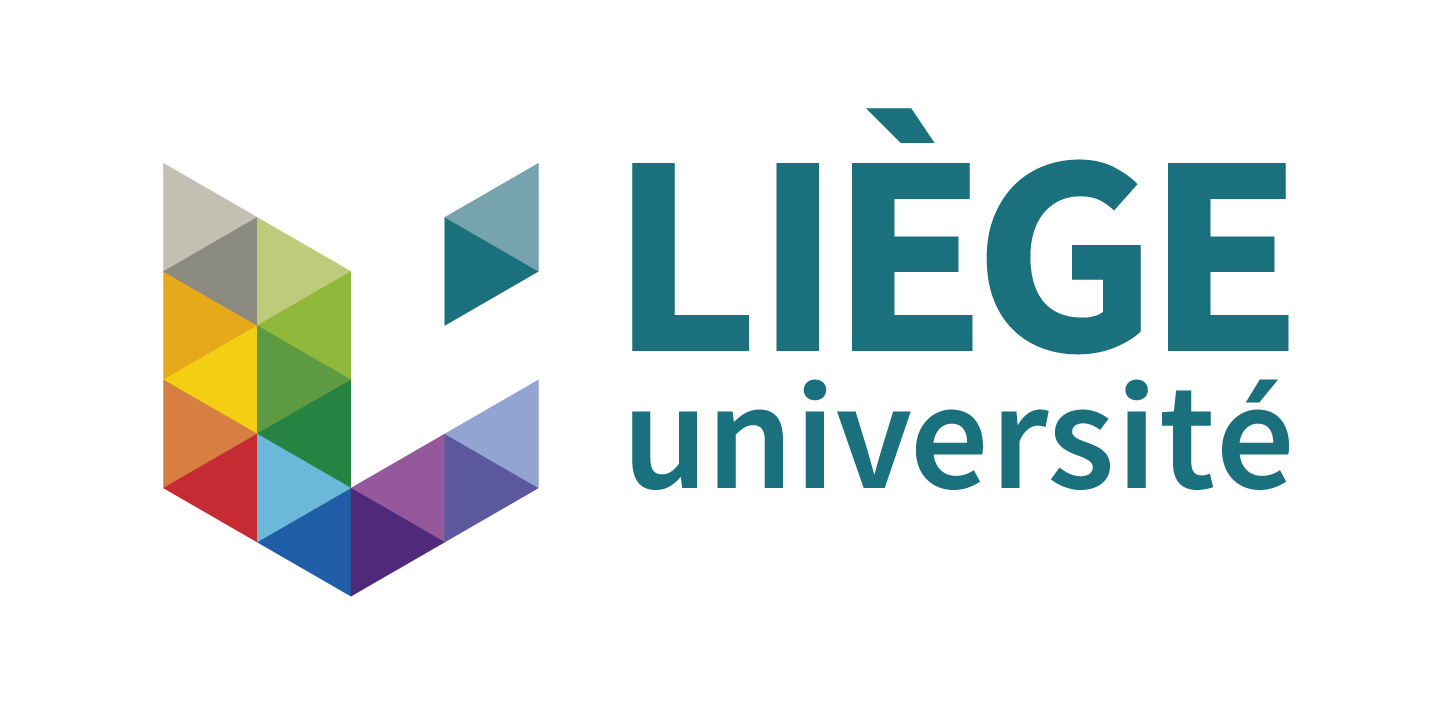XII Meeting of the Chaudfontaine Group
From 2 to 4 October 2022, the XII Meeting of the Chaudfontaine Group was held in order to explore a set of dual-use trade control informative and/or analytical tools which could be useful to the full range of actors involved in strategic trade control compliance, thus, benefiting both third countries as well as EU Member States. The seminar was organised by the European Studies Unit of the University of Liège and funded by the European Union.
Participants were experts from all around Europe, originating from universities, research organisations, public authorities both European, national and regional, and industry, working on strategic trade control.
Objective
The objective of this workshop was to review a set of strategic trade compliance tools fulfilling the following conditions of accessibility and functionality: being open access and free of charges, and having an informative and/or analytical function. Its outcome will be published and made available on the ESU website in February 2023.
The main topics
The XII edition of the Chaudfontaine Group Seminar started with a welcome speech by Pr. Dr. Quentin Michel (ESU, University of Liège, BE), explaining the aim of the workshop.
The debate started with presentations of individual analyses of each tool with a special focus on some practical questions, such as the functionality of the instruments (informative and/or analytical), the thematic and geographical scope, the developer/creator, the overall efficiency, and to whom they might be relevant.
After each presentation, debates about the utility and efficiency of the tools started, also supported by the live use of the instruments in question.
Walking session
The Chaudfontaine Group also dealt with a stand-alone walking session focused on two questions:
1. While considering a trade transaction, do you consider first sanctions/restrictive measures or trade control system?
2. Within the EU context, restrictive measures/sanctions and trade control are: a) Synonyms;
b) Different elements of one system; c) Different elements potentially interacting; d) Different elements never interacting?
Concerning the first question, an overwhelming majority agreed on the pragmatic aspect of considering first sanctions, since if sanctions are in place, there would be no need to further analyse the transaction from a trade control perspective.
As for the second issue, according to a large majority sanctions and trade control would be both b and c, even though it was reported that outside of the field people might think the two as almost synonyms. The discussions highlighted some divergences on the question to know if the objective of sanctions and trade control would be the same, even though the majority considered sanctions’ objective as being the change of the behaviour of a country (entity oriented) while the one of trade control preventing the misuse of sensitive technology (product oriented).
Second and Third session
During the Second and Third Sessions, other tools were discussed, always following the same criteria. The most used strategic trade compliance tool among the members of the Chaudfontaine Group seems to be the EU Sanction Map, considered as informative but also partly analytical, intuitive and user-friendly. Furthermore, its geographical scope is worldwide and legal acts are often updated, even if it is mainly focused on EU jurisdiction.
If the EU Sanction Map is the most used tool, the ASPI Unitracker is one of the most interesting according to the Group. The China Defence Universities Tracker, in fact, helps universities and researchers understand institutions in China and to avoid harmful collaborations. The disadvantage of this platform is that the sources are often in Chinese (so not highly accessible to the users). Additionally, the Group stressed the fact that the tool does not have an EU validation yet, despite its 2 years of existence.
Forthcoming publication
Some of the analysed tools are more useful than others, depending also on who is using them and why: this is the reason why the experts of the Chaudfontaine Group will publish a review document as a result of the debates that took place during the seminar.



One response
Congratulations with the seminar, interesting as always. Looking forward to reading the paper and attending again next year!